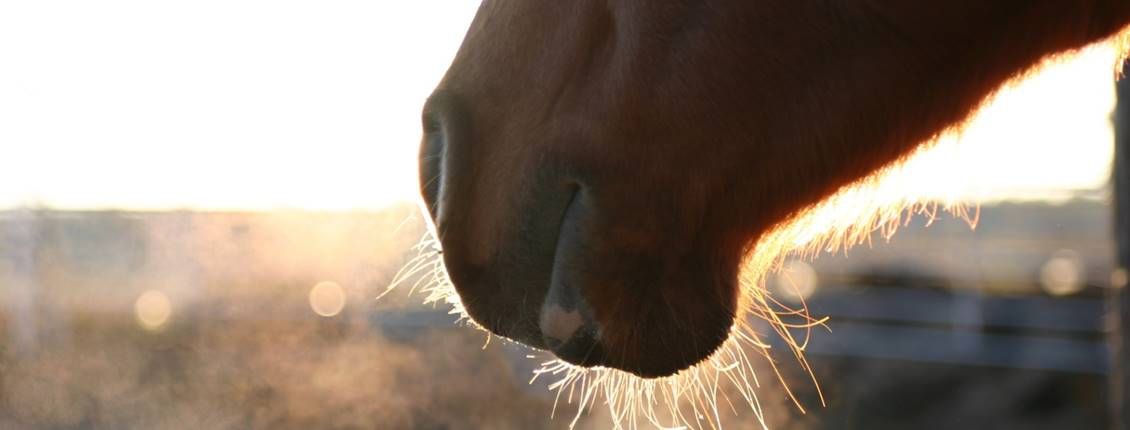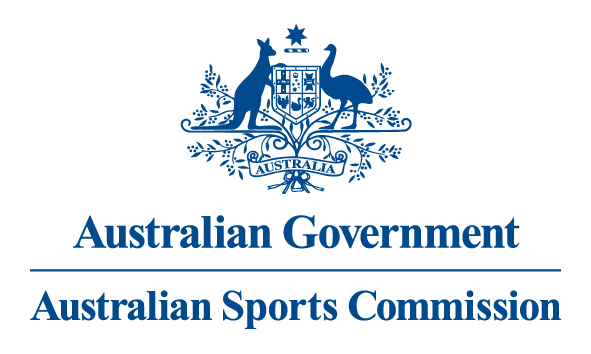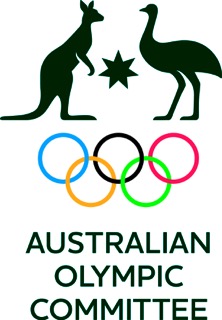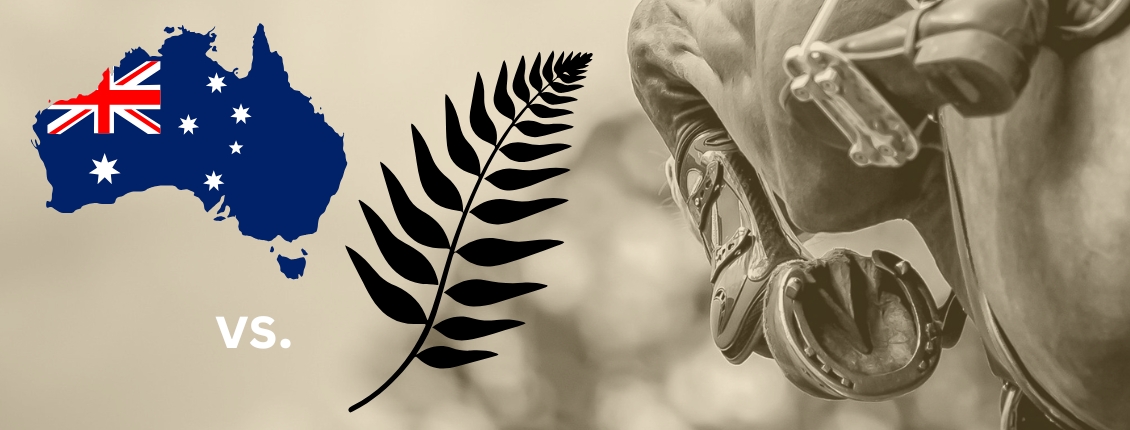Horse Welfare Updates
The wellbeing and care of our horses is paramount to our community. We all share a collective responsibility to ensuring that everyone involved with horses recognises and upholds standards for horse welfare, including in competition, training and care. Below are updates from the EA Health Safety and Welfare Committee around this topic.
Please also direct welfare complaints that are urgent/serious to the POLICE and the RSPCA.
![]() HSW Communication - Horse Welfare Update August 2024.pdf
HSW Communication - Horse Welfare Update August 2024.pdf
Horse Welfare and Wellbeing Education
As the body of knowledge regarding Equine Wellbeing grows and develops we want to keep our members up to date so we can provide a good life for our horses.
Horse Sensory & Protective Hairs
Since July 2022 the clipping/shaving or otherwise modifying sensory hairs (whiskers) has been prohibited unless for veterinary reasons. From January 2025 a similar prohibition applies to removing or shortening the hair within the rims of the auricle.
FAQ
My horse's ears are really hairy! Can I still tidy the long pieces?
Yes, you can tidy the pieces that are protruding from the rims of the auricle.
Does this apply to all disciplines?
Yes, all Equestrian Australia affiliated disciplines are required to follow this regulation.
Am I allowed to clip inside my horses ears?
No. Shortening or removing hairs within the rims of the Auricle is prohibited
What is an Auricle?
The Auricle is the outer ear (the part that is visible); it is made out of cartilage and covered with a thin layer of skin and muscle.
Where can I find the updated rules?
EA General Regulations Article 141 - Protection of Horses
A helpful video can be found HERE
Please send questions to: [email protected]
Guide to Horse Capacity – Size of Athlete
Guide on Athlete Size to reinforce the commitment to best practice striving for optimal health, safety and welfare of the athlete-horse combination. The Athlete Size Guide provides education and clarity and highlight awareness of Equestrian Australia’s expectations to Athletes, Coaches, Owners, Parents, Judges, Officials and the Public on the aspect of a horse’s welfare and capacity to carry weight.
International Animal Welfare guides include advocacy for horse welfare on this issue, and providing this Guide will give our equestrian community a reasonably accurate measurement of the maximum burden for a horse to carry.
The guide will support coaches in conversations with their athletes about carrying capacity considerations, as they currently do, about choice of mount and all animal welfare aspects of horsemanship.
Nothing will change in the assessment of a horse and its athletic performance by any judge.
The guide tailors the capacity of the horse across the entire height range, to a standard accepted internationally, and ensures appropriate mounts for humans of every age and size.
To date, the Athlete Size Guide has been adopted by the disciplines of Dressage and Eventing, and is being considered by other disciplines across Australia, and internationally.
FEI Code of Conduct for the Welfare of the Horse
Equestrian Australia (EA) subscribes to the FEI Code of Conduct for the Welfare of the horse and strongly endorses the notion that at all times the welfare of the horse must be paramount.
EA wishes to remind all members and those involved in Equestrian sport that any attempt to alter the normal sensation of the horse for performance enhancement will not be tolerated.
Equestrian Australia subscribes to the FEI Welfare Codes that you can find here :
FEI Code of Conduct for the Welfare of the Horse
Clean Sport for Horses
Visit Equestrian Australia's dedicated page on anything related to Clean Sport for our Horses.
Access the FEI Equine Prohibited Substances List, the Medication Control Page, the Doping and Medical Policies, the Administration of Supplements to Horses warning and much more.
Equestrian Australia Hot Weather Policy
Horses exercising and competing in hot environmental conditions can be affected by heat stress.
When environmental heat conditions are adverse, exercising horses require appropriate cooling measures to safeguard their welfare.
The primary responsibility for the welfare of horses competing and exercising during hot weather lies with the rider of the horse. Riders must always take action to prevent, manage and treat heat stress in their horses.
Event organisers are responsible for providing adequate facilities and information that riders need to safeguard the welfare of horses. Access to ice and cooling water during competition is a compulsory requirement that arises under certain environmental conditions.
National Horse Traceability Working Group
Communique six updates on meetings from the Natioinal Horse Traceability Working Group.
The National Horse Traceability Working Group (NHTWG) met on 24 March 2022 to progress its report and recommendations on the design of a traceability system for horses, donkeys and mules in Australia due with the Agriculture Ministers Meeting (AMM) by mid-2022.
After extensive consultation, an assessment of biosecurity risks, and following consideration of the Senate committee’s report entitled ‘Feasibility of a national horse traceability register for all horses’, and Marsden Jacob Associates (MJA) report entitled the ‘National Horse Traceability Project’, the Working Group has agreed:
- on draft business rules outlining industry participant obligations relating to property registration, how microchips where used are to be applied, and movement recording requirements and associated data management, subject to a public consultation phase









